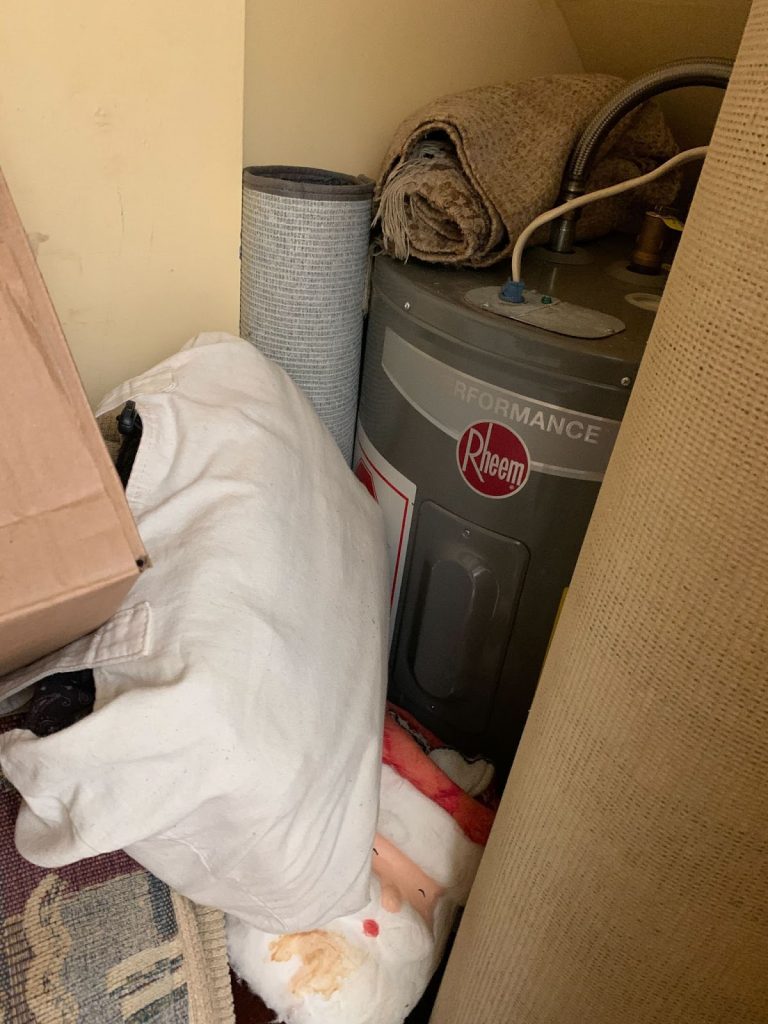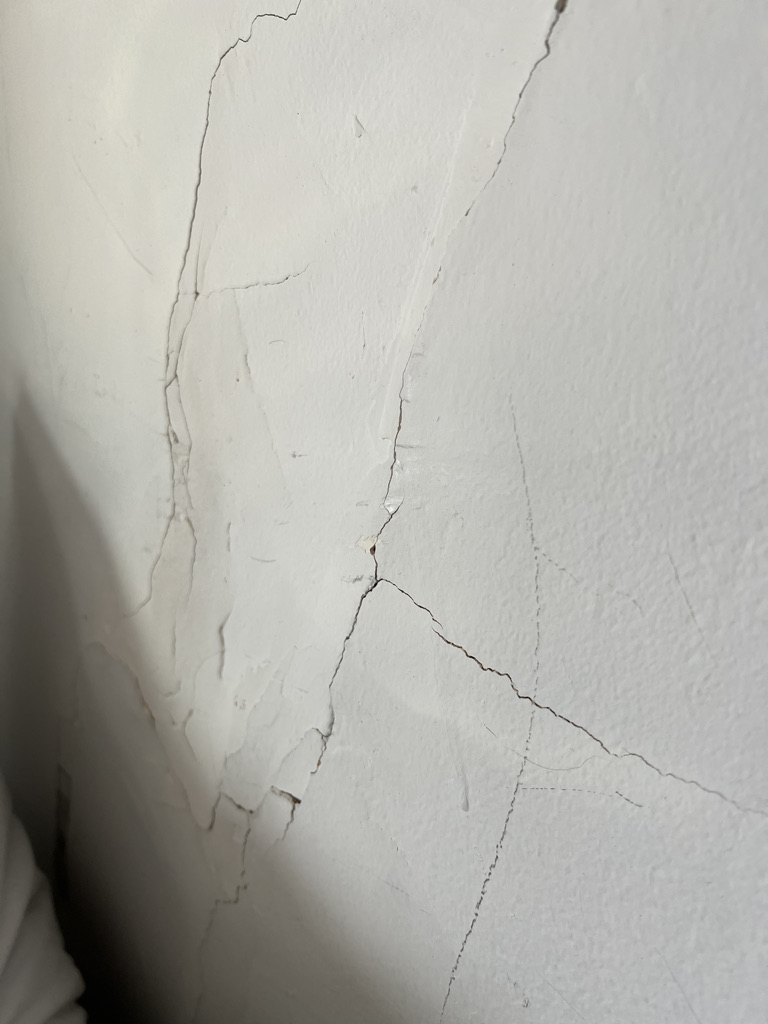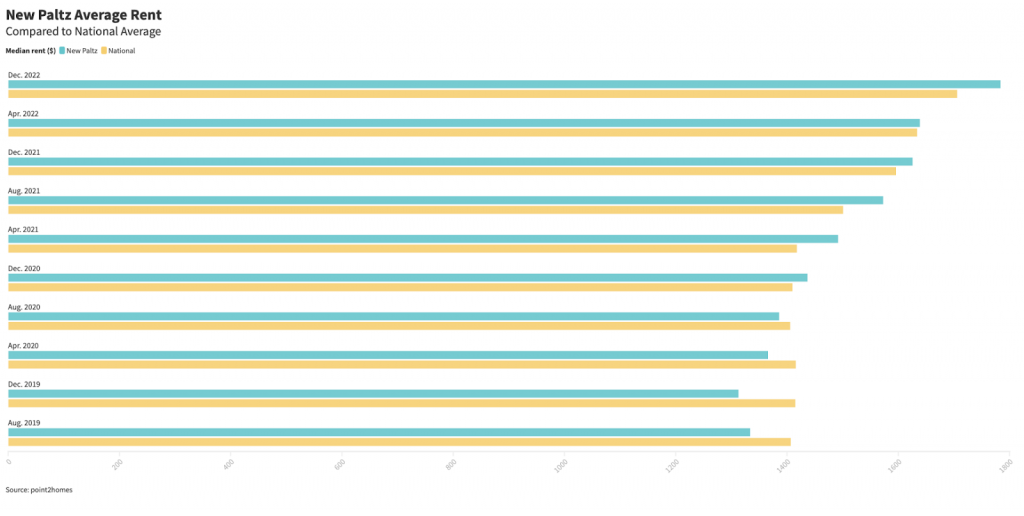
Have a crappy first apartment story? Unfortunately, in New Paltz, they are the norm, but this guide can help you steer clear of the mouse-infested, too-hot, too-cold or too-miserable squats in town. Many of you reading this story probably share a similar experience to 26-year-old New Paltz alum J.D., who asked to use an alias.
His first landlord tricked him into moving out by telling him he was foreclosing the house. “Once I moved out, I found a listing of my old room on Snapchat posted by one of my roommates,” J.D. said. “Apparently, the landlord had told them he wouldn’t foreclose the house if they wanted to stay.”
J.D. prides himself on being a good tenant, so the situation made no sense to him. He kept his area clean, paid his rent ahead of or on time and never had any trouble with the other tenants.
J.D. moved three times across the three years he attended SUNY New Paltz. Each of his experiences with three different landlords was nothing to brag about. “To put it simply, according to Murphy’s Law, ‘everything that can go wrong will go wrong,’” J.D. said.
So What Do I Need to Know?
This guide will help you rent your first apartment or shared house responsibly and safely so you don’t find yourself in the same pickle that J.D. fell into.
Read on, folks… this may save you.
I spoke to Mary Orapello, an Associate Broker out of Kingston, who works for Howard Hanna Rand Realty, formerly The Murphy Realty Group. She offered professional advice that can help students better understand crucial details when it comes to renting. She has 27 years of experience, so if anyone can help, it’s her.
“When people approach me looking for apartments for their kids, I treat it as though I am looking for an apartment for my own. If I’m not going to put my kid there, I’m certainly not going to put somebody else’s kid there,” Orapello said.

It’s Important to Get to Know Your Potential Landlord
What is an essential first step?
Do your research! In J.D.’s case, he was too trusting in someone who ended up telling him to get out with no explanation. He kept dealing with landlords who wouldn’t give him the time of day, and no one should have to go through that.
Furthermore, if there is anything that seems off or sketchy about the person handing you a contract to sign, don’t sign it!
If possible, look up who this landlord is. Ask questions, not only to the landlord but the other tenants in the building. Keep note of what everyone says. You don’t need any headaches in your living situation when you already have so much on your plate with school, work, social life and more.
Ask Questions and Read the Fine Print
An important reminder to any student who wants to live independently is to keep on your toes. Ask questions and be assertive. Act as an interrogator and stand up for yourself at every negative turn.
Just like it’s essential to get to know your landlord, get to know what’s on your lease. Read the fine print! It’s CRUCIAL! I didn’t do that in my situation. Legally, there are multiple things to look over before signing a lease. So, sit down, grab a cup of coffee and read each word very carefully.
“There are rules and regulations when leasing property. With anything built before 1978, you have to have a lead-based paint disclosure filled out,” said Orapello. “That’s notifying prospective tenants that there could be lead-based paint in the house. It [lead-based paint] can have very harmful effects on people’s brains. You should also have some type of carbon monoxide and smoke disclosure.”
Stella (who asked me to use an alias), a 21-year-old SUNY New Paltz senior, is living off campus for the first time since she started going to SUNY New Paltz. She lives in a townhouse with four other girls and pays $600 a month for rent, not including utility costs. Her current situation is a nightmare.
Stella said, “I didn’t recognize a lot of red flags in both my landlord and my lease that are definitely important. His [the landlord’s] biggest thing in the lease was that he would not be replacing any broken appliances because of ‘user negligence,’ which ended up being a cop-out.”
Stella and her roommates’ dishwasher had been broken since before she moved in. Then, around a month and a half in, their washing machine stopped working. They tried to tell their landlord, and he again cited the part in his lease about user negligence, making Stella’s frustration heighten beyond belief.
All of her tip money from her job went into doing laundry at the laundromat, which is more expensive than doing laundry at home. Her stepdad, who renovates houses for a living, had to step in and buy a used washer and dryer bundle, which they ended up installing themselves. Stella explained that while her roommates were very grateful, the landlord never cared about their struggle.
Know What Landlords Are Legally Responsible For
According to Orapello, they must keep the houses or apartments in good repair. “Everything needs to be in working order,” she said. “They’re not legally responsible for, let’s say, your electricity or gas. But running hot water, yes. Houses can be condemned if they don’t have hot water.”
What about heat?
“It depends on what your lease says,” Orapello said. “If your heat is included in your rent, then it’s up to the landlord to provide the heat.”
Stella can, unfortunately, relate. “I’m currently stuck in this lease until August [2023] and hoping that the heating doesn’t break in the winter because I know he will not be helping out at all,” she said.
According to Orapello’s advice, Stella would have legal recourse because, by law, if her landlord doesn’t provide heat, he’s the one breaking the law.

Will (who asked me to use an alias), a 21-year-old New Paltz senior, said he went through some heating situations himself. The main problem with the house he used to live in was the insulation. “They [the landlords] really didn’t do much to help us not be cold all the time,” Will said. “My roommate lived in the worst insulated room in the house. There was a noticeable significant temperature drop whenever you entered her room.”
Will explained that the most the landlords did was put up insulation window covers which did close to nothing. The summer was horrible for Will. “My room was also very badly insulated and during the summer, in the 90-degree weather, I would be sweating uncontrollably. I had to sleep on my floor a couple of times just because it was cooler down there than it was in my bed.”
Rent Costs vs. Living Conditions
Spending an absurd amount of money is something to watch out for, especially when what you’re paying for is disgusting, unsafe and scary.
J.D. is living in a shared house with around 17 other tenants. The building is three floors of rooms with communal bathrooms and shared kitchen areas. The rent for the building ranges from $750-900 per room, depending on how many people live in it. “It feels like I’m living in the upside down from Stranger Things,” J.D. said. “The bathrooms have black mold all over the walls, ceilings and doors. My bedroom has a huge crack in the wall and the drywall flexes and creaks. The best part is the flooring, though. They painted my bedroom floor with this ugly brown-purple paint that peels and chips away over time, kicking dust up.”



For SUNY New Paltz students who don’t want to deal with the horrors of shared housing, look for reasonably priced apartments in or around the New Paltz area. Even a small commute to school may be worth it if you are living in a safe, healthy and affordable environment.
“In my area of the city of Kingston, one-bedroom apartments, on average, are going for around $1,500 a month. Two bedrooms here, I think, are around $1,850 plus utilities,” Orapello said. “I think it would be the same for New Paltz.”
Find Houses or Apartments with Utilities Included
Being a college student is tough. Rent is just another expense on top of tuition. If you can find a place with utilities covered – water, gas, electricity, heat – it may be a good idea to set that place as a potential rental. You won’t have to pay hundreds of dollars extra for things that should be free anyway. Orapello mentioned utilities before, so you know it’s worthwhile to at least think about!

General Advice
J.D. said, “Please do not fall for a landlord’s pitch to sign a lease.” It’s as simple as that.
Stella says to ask questions and fight for what you want to be included in your lease. “We’re the ones paying their bills – not the other way around. The worst that can happen is they say no.”
Will suggested trying to reach out to people that are living in the property before you start living there. It’s vital to gather information beforehand. He also said, “Don’t just look at photos online. You want to look at that space in person and check out all the little nooks and crannies if you can.”
Orapello’s advice may be the most important of all, coming from a professional, “Start looking early. Find yourself a reputable real estate broker, someone who’s knowledgeable and has been in the business for a while who can guide you through federally mandated forms – lead-based paint disclosure, agency disclosure, anti-discrimination disclosure.”
Orapello also mentioned that it’s important to do your research and know about the area. If you have concerns, you should call the police department and see if the area is okay. She emphasizes that you always want to be sure that you’re SAFE.
TLDR
Renting as a student is a challenge. There are multiple factors to look out for when you don’t know the full renting process. If you follow these crucial steps, you’re guaranteed to breathe a sigh of relief once you move in. You will feel safe.
REMEMBER: Get to know your potential landlord. Demand a tour of the place you’re looking at. Read the fine print. Ask questions. Look deeper into rent costs and living conditions. If possible, look for places that have utilities included. Talk to a real estate broker. Do your research.
GOOD LUCK!
